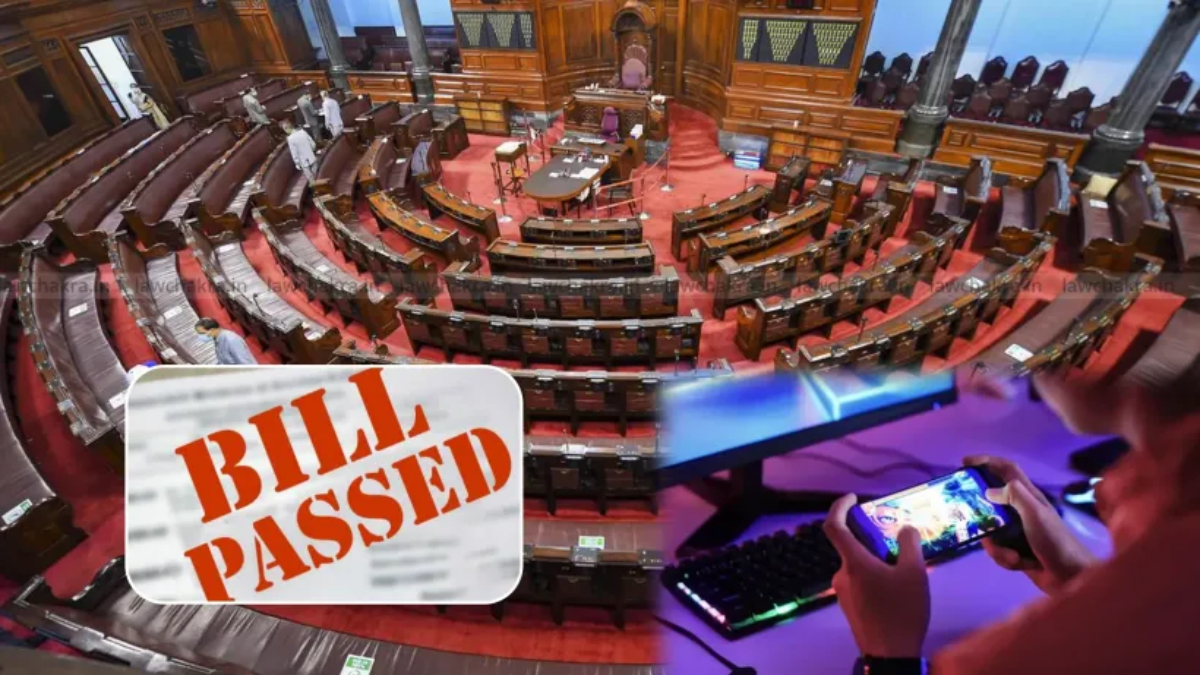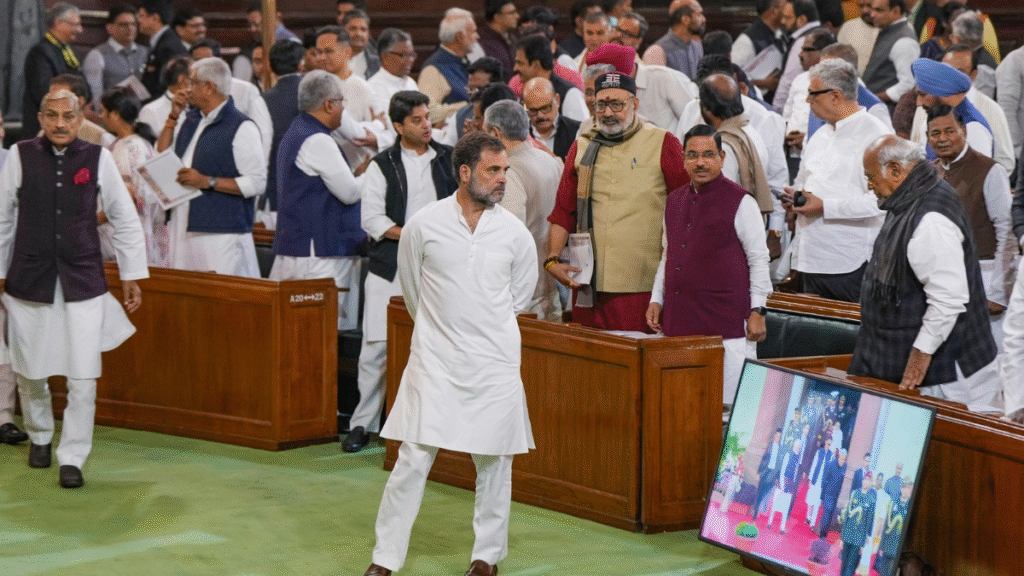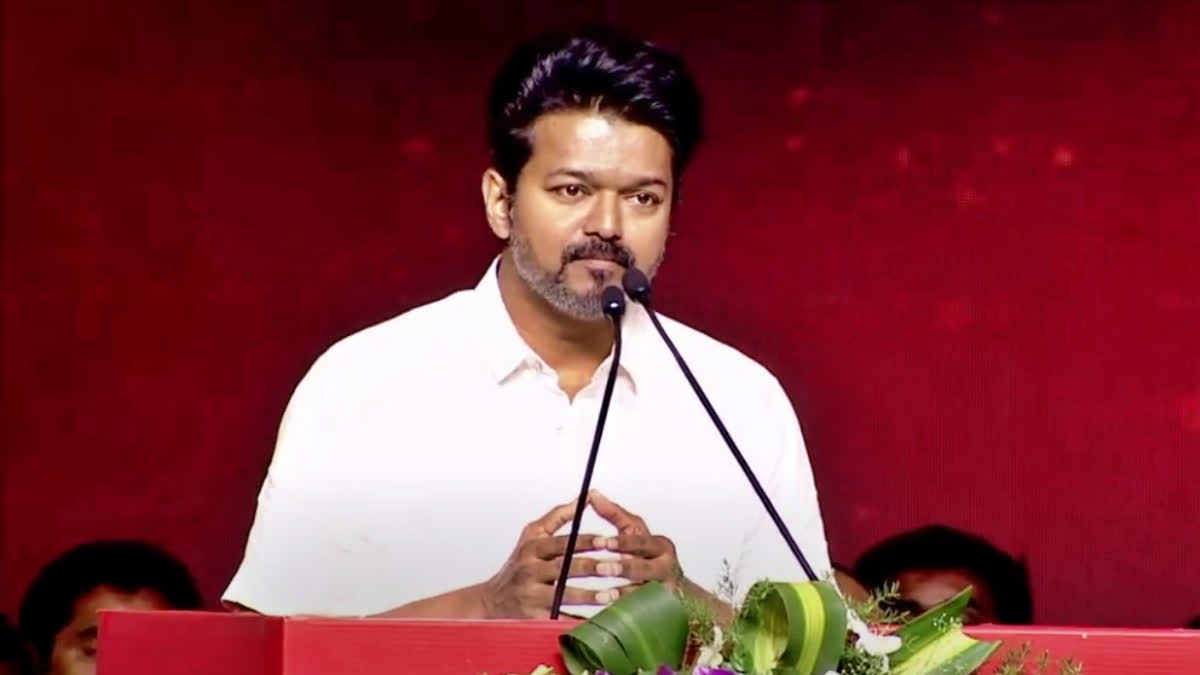Now Reading: Online Gaming Bill Clears Parliament Amid Huge Opposition Protests
-
01
Online Gaming Bill Clears Parliament Amid Huge Opposition Protests
Online Gaming Bill Clears Parliament Amid Huge Opposition Protests

India’s parliament has passed the Promotion and Regulation of Online Gaming Bill, 2025, a landmark piece of legislation that seeks to establish a comprehensive legal framework for the country’s rapidly expanding digital gaming sector. Despite the government’s push for the bill, it was met with significant protests and a huge ruckus from the Opposition in both the Lok Sabha and Rajya Sabha, which were ultimately passed by voice vote.
Key Provisions of the Bill
The bill’s central goal is to distinguish between different types of online games, promoting some while imposing a blanket ban on others. It defines and regulates three distinct categories of online games:
- E-sports: The bill officially recognizes e-sports as a legitimate competitive sport, providing a pathway for its promotion and development. It aims to foster a structured ecosystem with training academies, incentive schemes, and public outreach to make India a global hub for competitive gaming.
- Online Social Games: These are casual games played for entertainment or educational purposes without any monetary stakes. The bill supports and will regulate these games to ensure user safety, data protection, and age-appropriate content.
- Online Money Games: This is the most controversial aspect of the legislation. The bill introduces a complete ban on all online games where a user deposits money with the expectation of a monetary or other material gain in return. This blanket prohibition includes both games of skill and games of chance, effectively bringing popular platforms for fantasy sports, poker, and rummy under its purview.
Penalties and Enforcement
The new law introduces stringent penalties for those who violate its provisions. Anyone caught offering or facilitating online money games could face imprisonment for up to three years and/or a fine of up to ₹1 crore. The bill also penalizes those who advertise or promote such games, with penalties including a jail term of up to two years and a fine of up to ₹50 lakh. Banks and financial institutions that process transactions related to these games are also liable for penalties. The government has clarified that the law will not criminalize the players themselves, but will instead target the companies and facilitators.
Industry and Opposition Concerns
The online gaming industry has expressed deep alarm over the bill, with industry bodies warning that the blanket ban on real-money games could lead to the shutdown of hundreds of companies and the loss of over 2 lakh jobs. They argue that the legislation, by eliminating the distinction between games of skill and chance, disregards past judicial rulings and could push users towards unregulated offshore betting sites, leading to a loss of tax revenue for the government.
The government, however, has maintained that the measure is a “societal decision” aimed at curbing the severe social and financial harms associated with online money gaming, including addiction, financial losses, and suicides. Union Minister Ashwini Vaishnaw has stated that online money gaming has become a bigger problem than drugs and that the bill is a necessary step to protect citizens, especially the youth and financially vulnerable groups.










